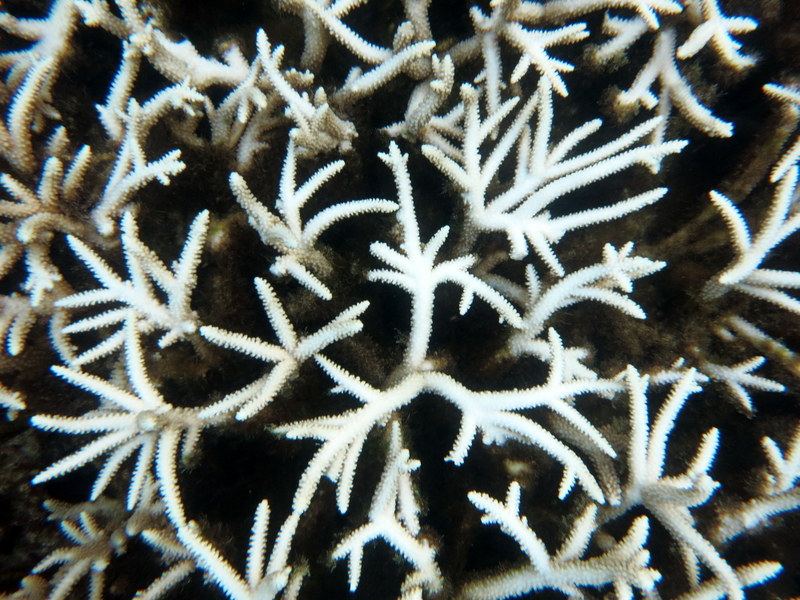Facing global warming, which is increasingly threatening coral reefs, scientists worldwide are working intensively on innovative methods to save them. Taryn Foster, an Australian researcher and director of Coral Maker, in response to observed massive coral bleaching, has decided to use advanced technologies in the process of rebuilding coral reefs, such as artificial intelligence (AI) and robotics.
Coral Maker, founded by Foster, specializes in the production of coral skeletons, which are then populated by young corals grown in nurseries. The company uses robotic arms to precisely place corals on artificially created skeletons, which is crucial for such delicate organisms. Each robot is equipped with advanced sensors and artificial intelligence systems that adapt to the variable morphology of corals and perform tasks precisely.

By integrating technologies such as robotics and AI, Coral Maker has revolutionized the process of reef restoration, increasing its scale and accuracy. The implementation of AI also allows for continuous analysis of data related to the health of corals, optimizing growth conditions and better adapting to rapidly changing environmental conditions.
This initiative responds to the need for faster reaction to changing climatic conditions, which significantly affect the health of coral reefs. Current forecasts indicate that without significant actions to reduce warming, by 2030 nearly 99% of corals could be destroyed by rising sea temperatures.
The traditional process of reef restoration was time-consuming and required intensive work by divers. Coral Maker, using the experience of Foster’s family manufacturing company, changes this situation by applying mass production and automation. Foster collaborates with Autodesk to implement these technologies, which allows for the production of large quantities of coral skeletons with minimal human effort.
However, technology alone mustn’t solve the problem of ocean warming, as experts emphasize. Therefore, in parallel to technological innovations, global actions are necessary to reduce greenhouse gas emissions and protect the marine environment from other threats, such as ocean acidification and coral diseases.
Projects like Coral Maker open new possibilities in the fight for the survival of coral reefs but also highlight the need for integrated actions that include both modern technologies and the implementation of global environmental protection policies. For marine aquarists, who often see the beauty and complexity of coral reefs firsthand, advances in their protection and reconstruction can be a source of both inspiration and important knowledge about how to effectively help nature in the face of global challenges.
Such an approach indicates the increasing role that technology can play in the protection and rebuilding of marine ecosystems while emphasizing that advanced technologies must be accompanied by responsible political decisions and public ecological awareness.
Source: https://www.bbc.com/future/article/20240123-the-race-to-build-climate-resilient-coral-reefs
About the author

Grzegorz Bubak
My fascination with marine aquariums began over two decades ago when I stumbled upon an article about this topic in a magazine. Since then, the underwater world has become my obsession and passion, shaping my everyday life. I started my adventure with marine aquariums with soft corals, which were my first step into this fascinating world. Over time, captivated by the diversity and beauty of SPS corals, I decided to focus on their cultivation, which continues to fill me with constant wonder.
Thanks to my experience and passion for marine aquariums, I am ready to share my knowledge and expertise with other enthusiasts in this field. I am happy to be part of the Reef Pedia community, which serves as an invaluable source of information for all marine aquarium lovers.

